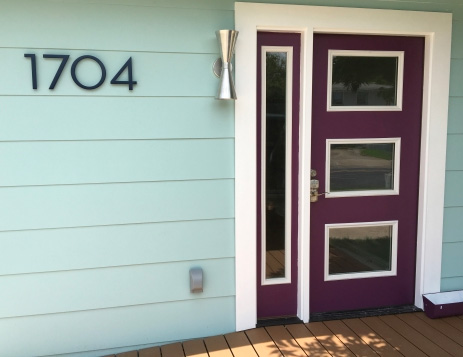A dad I know asked me about play therapy the other day. Does it really work? How does it work? How can play be therapy?
“Oh,” I said, “Good Question!” ;^)
Children aren’t cognitively or verbally able to process everything that happens to them in their lives (shoot, neither am I!) nor do they have the cognitive or linguistic development for insight-oriented talk therapy (what most adults are doing in their individual therapy sessions). Therefore, children find healing and growth some other way. Enter play therapy.
Play therapy does work, and my favorite explanation of how play therapy works is this: it gives the child the opportunity to re-experience and/or communicate about something from their normal life, in a context that is (a) safe, (b) under their control, and (c) associated with different emotions. There’s some fancy neurological stuff going on when this happens, but the upshot is that it allows the child to re-experience something in a way that heals.
Let’s consider a hypothetical example… Little Johnny’s father drinks beer every night and basically ignores his family when he drinks. Johnny comes to my office one day and selects the family dolls. He finds my miniature beer cans (yes, I really do have miniature beer cans) and puts one in the father doll’s hands. Then he has the child doll take the beer can from the father and hide it. Do you see what’s going on here? In Johnny’s real life, he might want to take the beer from his father, but he cannot safely do so. In the play therapy setting, he can pretend to do the thing he wants to do, and he can feel control over the whole situation in a way he never can in real life. The other major component of how this works is that while he is re-experiencing this, his brain is firing up the same neural connections that fire up in real life-but this time Johnny is in a different emotional state. He’s calmer and feeling less of whatever uncomfortable emotions he typically feels when his father drinks-and this is very healing.
Want a real-life example? From my own life, of course, I can’t share real client stories. My toddler daughter has curly hair. Our nightly hair-brushing is frequently an unpleasant chore (and trust me, I’ve tried every product/trick/approach known to mama.) But the upshot is that sometimes she fusses–a lot. Some time ago, I gave her the brush and let her brush my hair. She loved this and we now do it regularly. When she brushes my hair, she grins and laughs and says: “Mama: CRY!” So I whimper and cry and say all of the phrases she usually says to me when I brush her hair, all to her great delight. Honestly, I didn’t think much about it the first few times we did that, but eventually I caught on-she’s creating her own little play therapy routine. Now every time we play that game, although I’m “crying” on the outside, I’m smiling inside… play therapy works!








